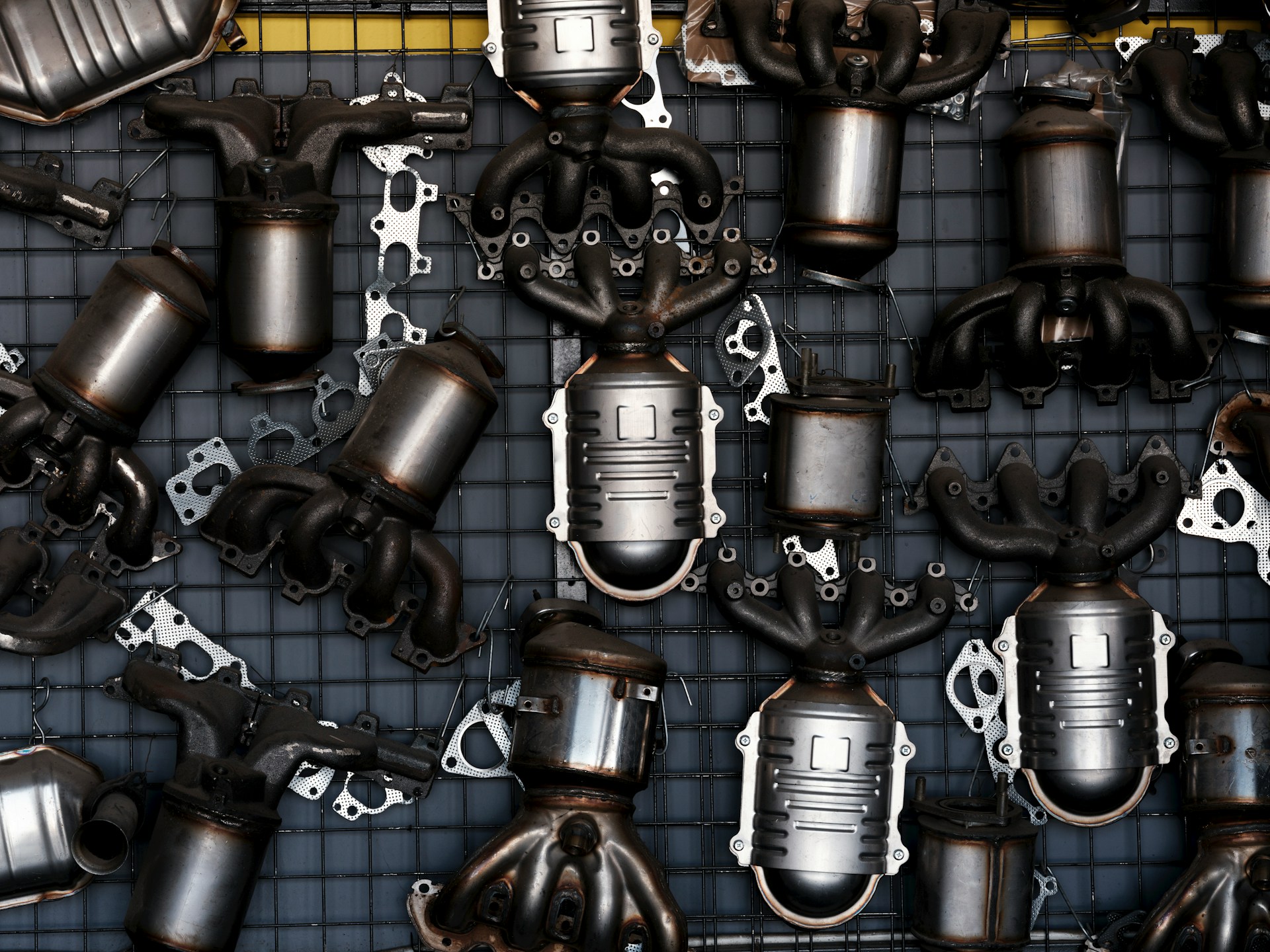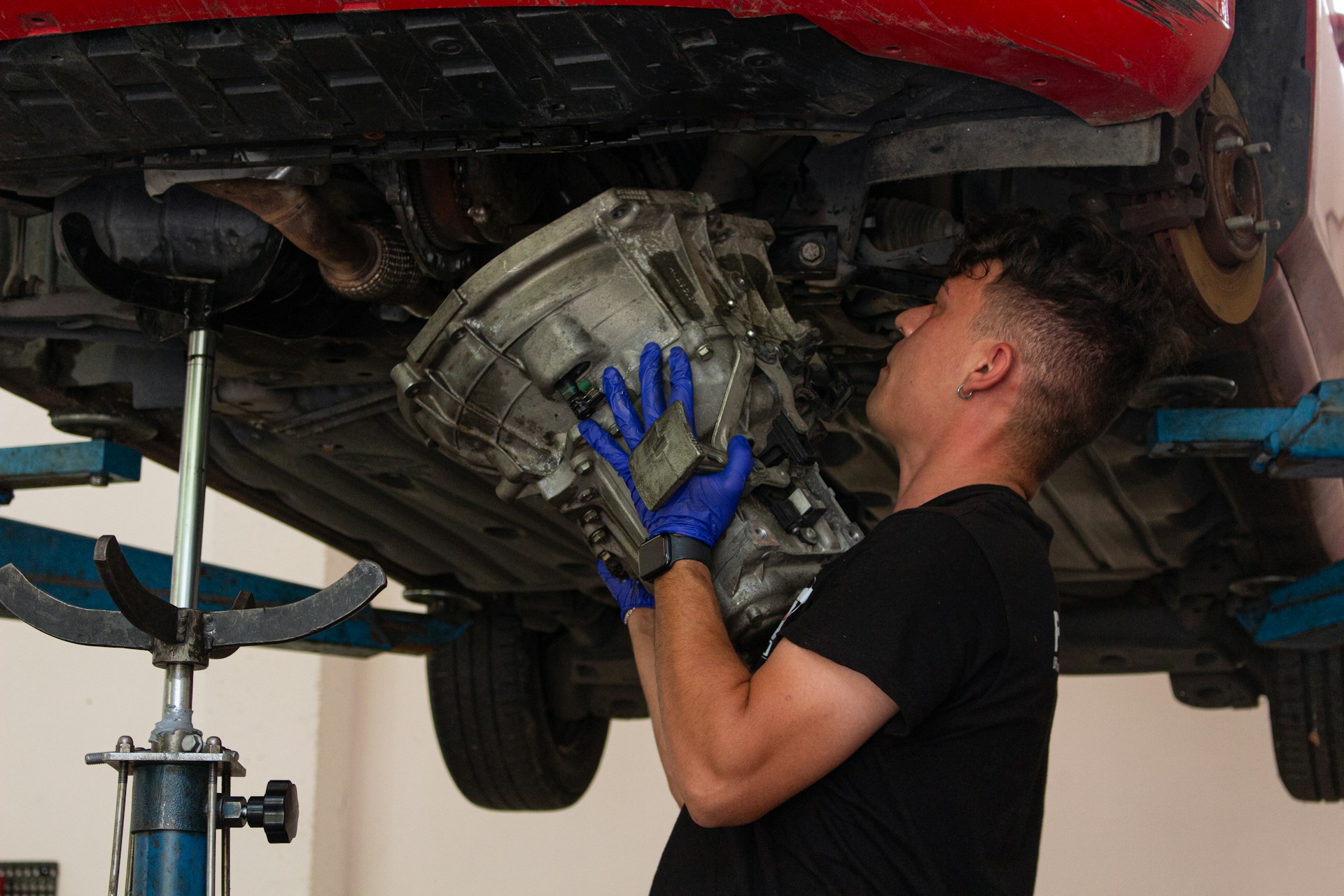
Choosing a remanufactured transmission can be a smart move. It’s cost-effective and environmentally friendly, but you want to make sure your investment is protected. That’s where warranties come into play. A good warranty can save you time, money, and stress, ensuring that you won’t be left to deal with unexpected costs if something goes wrong.
Warranties for remanufactured transmissions can vary widely. Understanding what your warranty covers and what it excludes is crucial. Knowing this helps you make an informed decision and gives you peace of mind. After all, the last thing you want is a transmission failure, only to find out it’s not covered.
In this article, we’ll explore what a remanufactured transmission warranty typically includes, key terms you should know, how to compare different warranties, and answers to common questions. By the end, you’ll have a clear understanding of how these warranties work and what to look for to ensure you’re getting the best coverage possible.
A remanufactured transmission warranty is a promise from the seller that the transmission will function as expected for a certain period. This warranty typically covers parts and labor costs to repair or replace the transmission if it fails during the warranty period. It’s like a safety net for your investment, protecting you from unexpected repair costs.
Having a warranty is crucial because it gives you peace of mind. You won’t have to worry about paying for another expensive replacement if the transmission encounters issues. Instead, you can rely on the warranty to cover the necessary repairs or even provide a replacement transmission if needed. This coverage ensures that you get the most out of your remanufactured transmission and offers financial protection against potential problems.
Understanding the terms in your warranty document is essential to know what is covered. Here are some key terms you should be familiar with:
1. Coverage Period: This term refers to how long the warranty lasts. It could be a specific number of years or miles, whichever comes first. The longer the coverage period, the more protection you get.
2. Labor Costs: This part of the warranty explains whether labor costs for repairs or installation are included. Some warranties cover both parts and labor, while others might only cover parts.
3. Part Exclusions: Not all parts might be covered under the warranty. Part exclusions list components that the warranty does not cover. Knowing these exclusions helps you understand what you might have to pay for out of pocket.
4. Claim Process: This is how you get coverage if something goes wrong. The claim process outlines steps you need to take to file a warranty claim, like who to contact and what information you need to provide.
These terms help you understand the scope of your warranty and what to expect. Being aware of these details ensures you can make an informed decision and know exactly how to navigate any future issues with your remanufactured transmission.
Comparing warranties is essential to ensure you get the best deal and coverage for your remanufactured transmission. Here’s a checklist of factors to consider when evaluating different warranties:
1. Duration: Check the length of the warranty. Longer warranties generally offer better protection. Compare how many years or miles each warranty covers.
2. Coverage Scope: Determine what parts and issues are covered under the warranty. Some warranties may cover just the transmission, while others might include additional components like the torque converter.
3. Labor Costs: Look at whether the warranty covers labor costs for repairs. A warranty that includes labor costs can save you a significant amount of money.
4. Customer Service: Evaluate the customer service reputation of the companies offering the warranties. Good customer service can make the warranty claim process much smoother and less stressful.
5. Claim Process: Understand the steps required to file a claim. A straightforward and transparent process is preferable.
6. Exclusions: Note what is not covered by the warranty. Knowing exclusions will help you anticipate any additional costs you might face.
By comparing these crucial aspects, you can select a warranty that best suits your needs and provides comprehensive protection for your transmission.
When it comes to remanufactured transmission warranties, many people have questions. Here are some frequently asked questions and their answers to help you understand better:
1. What Is the Claim Process?
– The claim process usually involves contacting the warranty provider, submitting proof of purchase, and detailing the issue. The provider will guide you through the next steps, which might include taking your vehicle to an authorized repair shop.
2. What Voids a Warranty?
– Common actions that void a warranty include neglecting routine maintenance, using the vehicle for racing or off-roading, and unauthorized modifications. Always read the warranty terms to understand what can void it.
3. How Can I Maintain Warranty Coverage?
– Follow the maintenance schedule recommended by the manufacturer. Keep records of all maintenance and repairs. Use authorized service centers for any work done on the transmission.
4. Are Warranties Transferable?
– Some warranties are transferable to a new owner if you sell your vehicle. Check the warranty terms to see if this applies to your purchase.
These answers should help clarify how remanufactured transmission warranties work and what you need to do to maintain your coverage.
Understanding warranties for remanufactured transmissions can save you a lot of hassle and expense down the line. These warranties provide essential coverage, protecting your investment and giving you peace of mind. By learning the key terms and knowing how to compare different warranties, you ensure that you get the best possible protection. Remember, a good warranty covers parts, labor, and lasts for an adequate period, offering full support if anything goes wrong.
At Airline Auto Parts, we are committed to providing only the best, including robust warranties on our remanufactured transmissions. Our team is here to help you find the right parts and ensure they perform well.
If you have any questions about our warranties or need help finding used transmissions in Houston, TX, don’t hesitate to contact us. Let us help you keep your car running smoothly!

March 1, 2026 Where To Source Houston Car Parts Withou...

Everything To Know About Car Parts In Ho...

February 22, 2026 How To Spot Quality Used Auto Parts In H...

What Used Auto Parts In Houston Can’t ...

February 15, 2026 Why Drivers Turn To Used Car Parts In Ho...
When To Replace A Used Engine In Houston...

February 8, 2026 What To Ask Used Car Parts Dealers Befor...

How Used Vehicle Spare Parts Help With C...

February 1, 2026 Where To Start With Used Parts In Housto...

What To Expect From Car Parts In Houston...